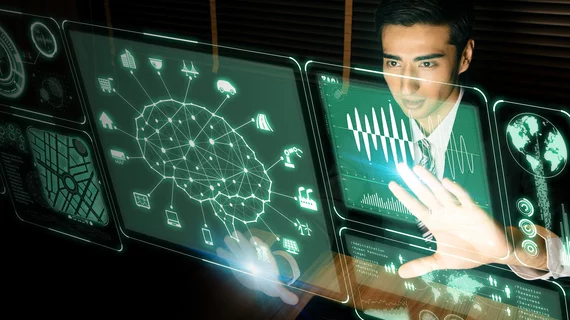RSNA outlines numerous AI, machine learning initiatives
RSNA announced Wednesday, August 1, that it has big plans for educating members about artificial intelligence (AI) and machine learning (ML) for 2018 and beyond.
“In the years to come, RSNA’s support for education, research and innovation in this field will grow as AI becomes an integral part of radiology practice,” Curtis P. Langlotz, MD, PhD, RSNA Board Liaison for Information Technology and Annual Meeting, said in a prepared statement. “RSNA will continue to educate not only radiologists but also researchers and industry scientists about AI and ML.”
For example, RSNA hosts the first in a series of live webinars about AI in radiology, “Intro to AI and Machine Learning: Why All the Buzz?” on Aug. 29. Additional webinars about AI are scheduled for Oct. 25, Dec. 11 and Feb. 21, 2019.
RSNA is also co-sponsoring August’s National Institutes of Health/National Institute of Biomedical Imaging and Bioengineering workshop, “Artificial Intelligence in Medical Imaging.” The American College of Radiology and Academy for Radiology & Biomedical Imaging Research are the event’s other co-sponsors.
In addition, RSNA is hosting a two-day AI course in Paris in September, with additional courses coming in 2019. And RSNA 2018—complete with the return of its RSNA Deep Learning Classroom—comes to Chicago this November.
“The RSNA Deep Learning Classroom offers an opportunity for anyone with a laptop to construct and train an actual computer-vision system based on a neural network in just 90 minutes,” Langlotz said in the same statement.

